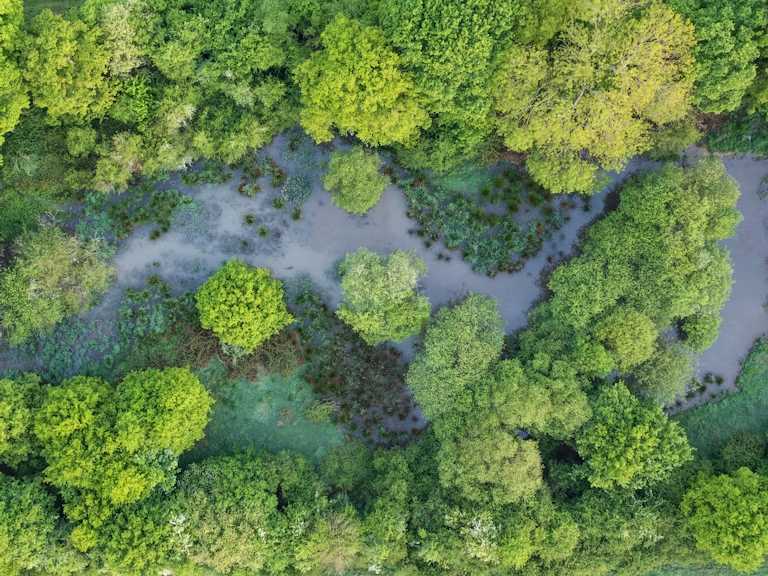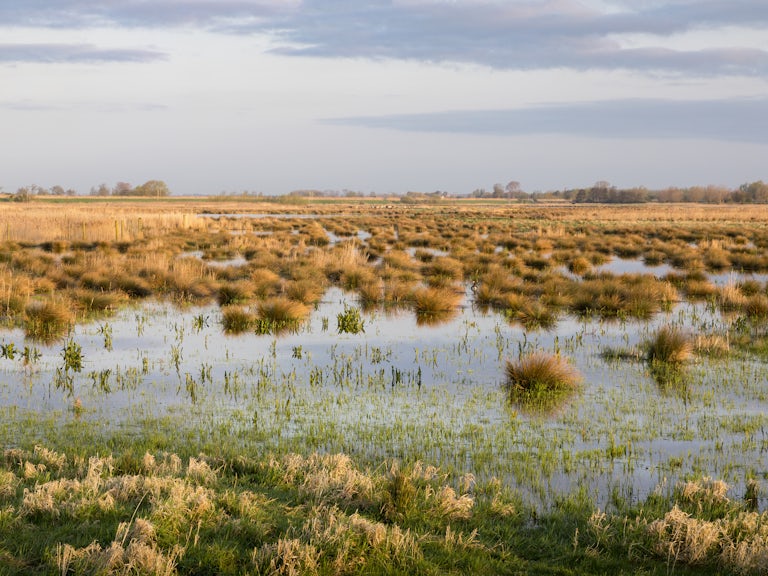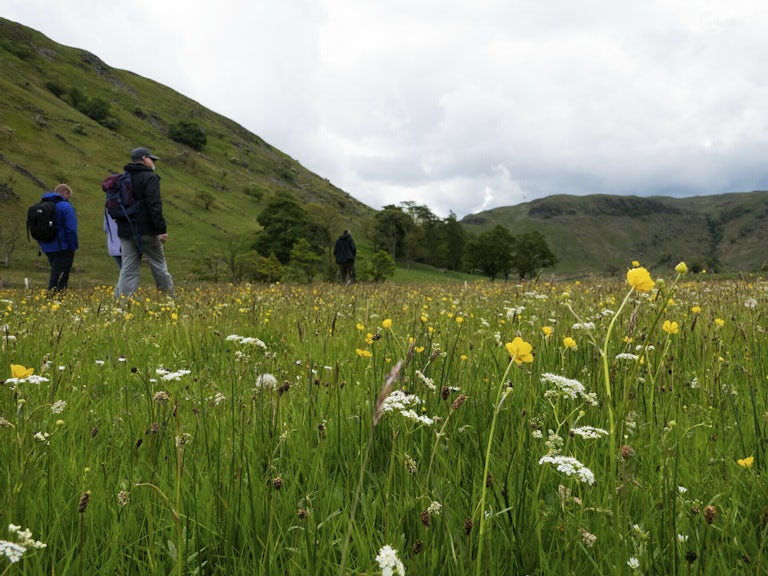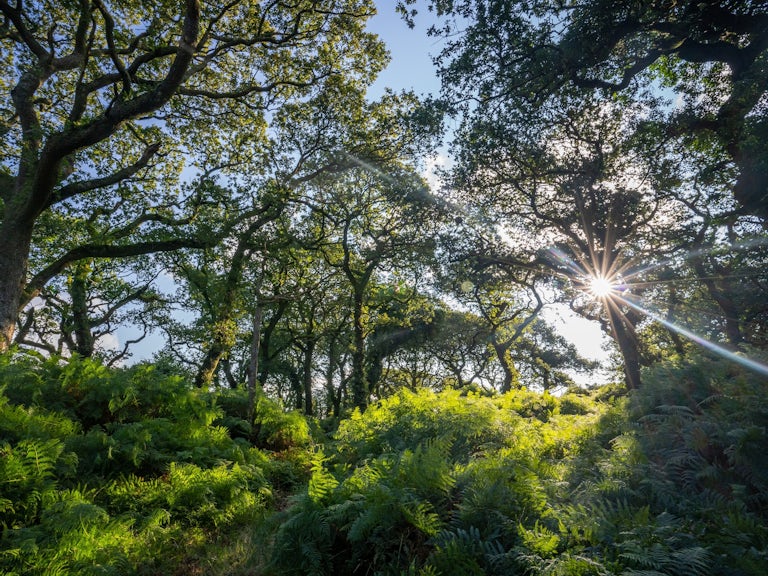Rewilding vs climate breakdown: warm words from government won’t be enough
As our parliamentary petition to restore nature on a massive scale approaches 100,000 signatures, we outline the shift in ambition that the UK Government must now make.
Published 31/05/2019
Earlier this month, the UK Government issued a response to our petition: Restore nature on a massive scale to help stop climate breakdown .
The government acknowledged that “climate change is one of the most urgent and pressing challenges we face today,” and highlighted the role of woodlands, wetlands and peat bogs in locking away carbon.
It also pointed to the 25 Year Environment Plan for England, published last year, which we agree is a much more ambitious vision for the natural environment than what preceded it. We welcome the plan’s commitment to a Nature Recovery Network and the 500,000 hectares of wildlife-rich habitats that could result.
The government also mentioned a forthcoming England Peatland Strategy. This cannot come soon enough for our beleaguered peat bogs and mires, most of which are damaged and unable to capture and store atmospheric carbon as they had been doing for millennia.
Likewise, the ambition to increase woodland cover would take us in the right direction, as one of the most deforested countries in Europe.
Potentially, all these targets move us towards a more resilient and nature-rich country, and that’s to be welcomed.
But we no longer have the luxury of moving in increments.
We have to be honest about the scale and pace of action required if we are to turn this extremely serious situation around.
At the same time we must address how these actions are to be resourced and make much bolder financial and political commitments to seeing them through.
Aspirations to move from the current 10% tree cover to 12% by 2060 are simply nowhere near enough. Some £10 million promised for urban trees and £50 million for new woodland creation will barely register against the kind of carbon mitigation impacts that we need to see.
Likewise, the £10 million for current projects to restore 5,851 ha of degraded peatlands in England will do little to restore the overall capabilities of our most valuable natural asset for sequestering carbon.
In our new report Rewilding and Climate Breakdown: how restoring nature can help decarbonise the UK , we outline how restoring natural processes to around a quarter of the UK could sequester the equivalent of 10% of our greenhouse gas emissions.
We estimate that six million hectares of regenerating woodland, peatland and species-rich grasslands could sequester about 47 million tonnes of CO2 per year, more than a tenth of current UK greenhouse gas emissions. That would be a truly significant contribution to us reaching net zero carbon.
Revitalising habitats on this scale would also have a profound effect on a number of other critical challenges, including biodiversity loss, flood protection, reducing erosion of soils, improving water quality and creating new opportunities for rural economies and human health and wellbeing.
Those who manage the land play a pivotal role and should be rewarded for achieving these carbon reductions. In total this would cost around £1.9 billion per year, a third less than the current estimated EU Common Agricultural Policy cost of £3 billion.
We propose that funding to support land managers to make this transition comes in part from redirecting public payments, but is also supported by a new carbon pricing mechanism. This mechanism will be required for the UK economy to reduce its emissions in a fair and manageable way over time.
We have a chance for the UK to lead the way. So we’re calling on the UK and devolved governments to make the bold financial and political commitment this deserves.
It’s time to tell the truth about the challenge and behave as though our futures depend on it, because they do.
Tell the government to be more ambitious
You can help make sure the UK government hears that there is huge support for restoring nature, by supporting the parliamentary petition .
When it reaches 100,000 signatures, it will trigger a debate in parliament.
So please sign, and encourage others to do so.
You can keep up to date with our work on all aspects of rewilding by subscribing to our newsletter.

Explore our Rewilding Manifesto
We need UK Government to Think Big and Act Wild for nature, people and planet.
Learn more
Our vision
We have big ambitions. Find out what we’ve set out to achieve through rewilding.
Our 2025-2030 strategy


